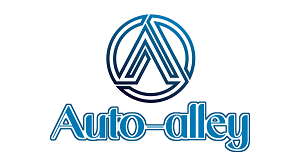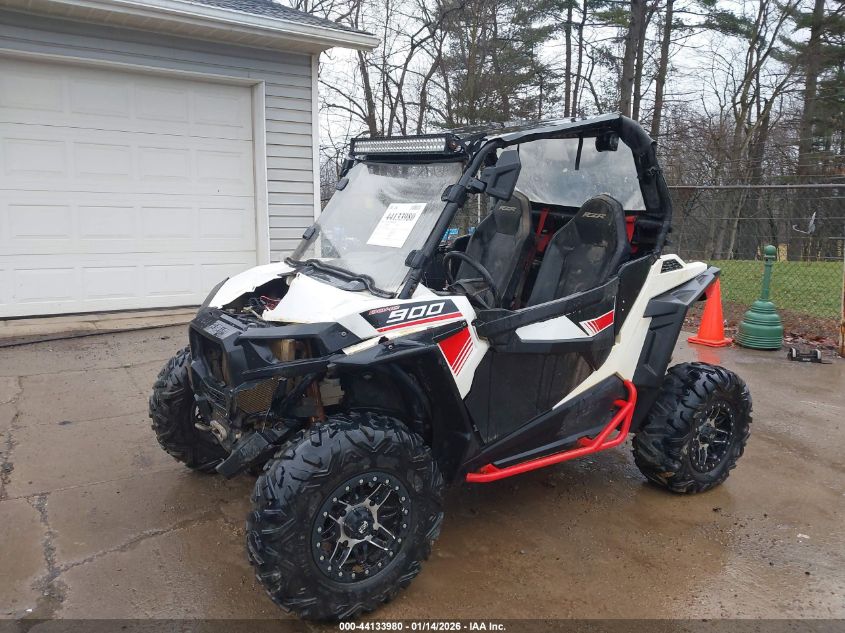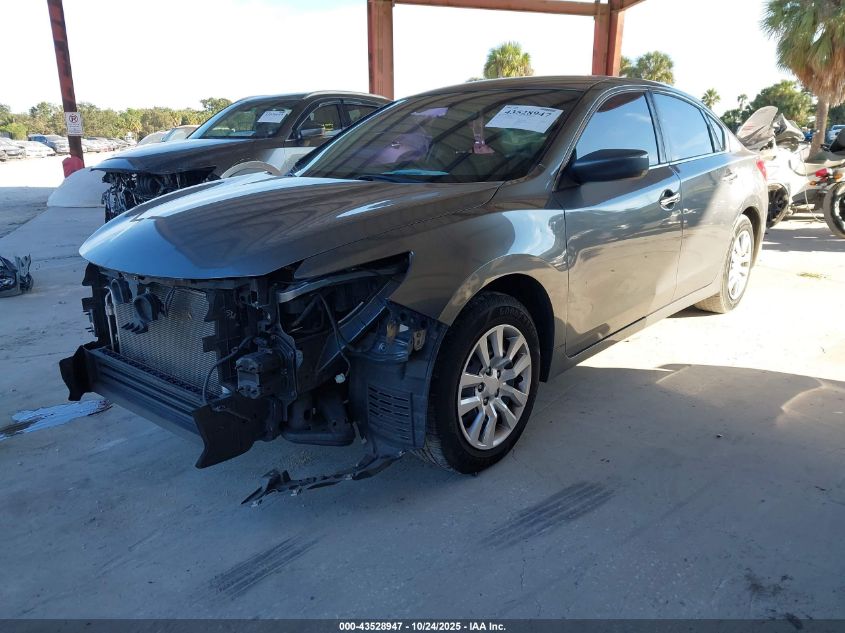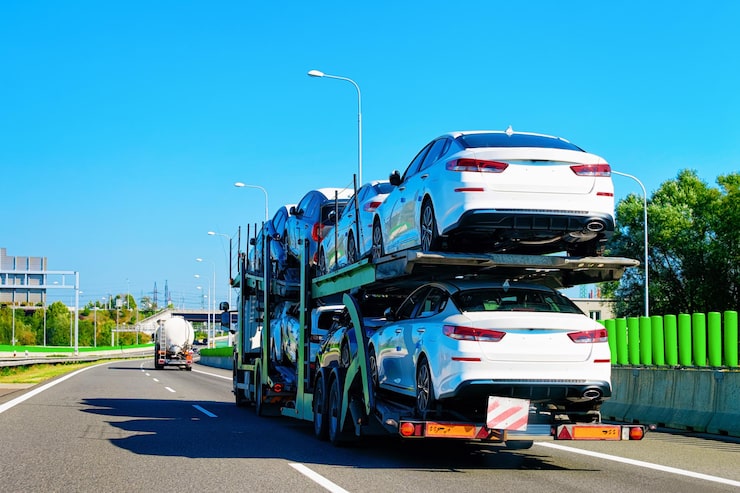Why Is Importing Aftermarket Auto Parts So Complex?

Importing aftermarket auto parts seems straightforward at first glance—order the parts, ship them, and receive them. However, anyone involved in aftermarket auto parts imports quickly discovers that the process is anything but simple. From navigating complex regulations to ensuring timely delivery, the logistics behind importing these parts are a challenging endeavour.
A Wide Variety of Parts Means Complicated Regulations
A tremendous number of products is one of the largest complexities of aftermarket auto parts imports. The parts are different in materials, functions and originating countries. The parts can be assigned a varied HS code, and it determines the duties, taxes and customs procedures. By labelling an item incorrectly, the part will be fined or its shipment delayed, or customs may even seize it. Also, certain elements might need specific documentation, e.g. certificates of conformity or certificates of safety, which makes the importation process even more challenging.
Compliance Risks Are High
Compliance is another major hurdle in aftermarket auto parts logistics. Counterfeit parts pose serious risks not only to consumers but also to importers. Regulatory bodies like U.S. Customs and Border Protection (CBP), scrutinise shipments to ensure safety and authenticity. Any discrepancies in documentation, labelling, or compliance with safety standards can trigger inspections and costly delays. Non-compliance can also result in penalties that quickly outweigh the cost of the parts themselves.
The Role of Specialised Freight Forwarders
This is where specialised freight forwarders make a significant difference. Companies experienced in aftermarket auto parts imports understand the nuances of customs regulations, HS codes, and compliance requirements. They help ensure shipments are properly documented, packaged, and labelled, minimising the risk of delays or penalties. By coordinating with carriers and customs authorities, they streamline the entire process, allowing importers to focus on growing their business rather than navigating regulatory hurdles.
Seamless, Fast, and Compliant Logistics
Partnering with the right freight forwarder guarantees not just compliance but also efficiency. As an example, Dedola offers a hassle-free solution to importing the aftermarket auto parts so that their transportation will arrive on schedule and comply with all the regulations. Their experience makes international shipping less stressful, and their supply chain is efficiently operating. To get to know more about how Dedola would make your life easier when it comes to auto parts logistics, take a look at the aftermarket auto parts logistics section of Dedola website.
conclusion,
The process of importing aftermarket auto parts is full of a complicated system of regulations, paperwork, and compliance conditions. A good logistics partner can be the solution to ensure that the shipments are quick, dependable, and complete. Through the specialised freight forwarding service, the business gets to grow without the concern that it would face a delay at customs or other regulatory fines.








